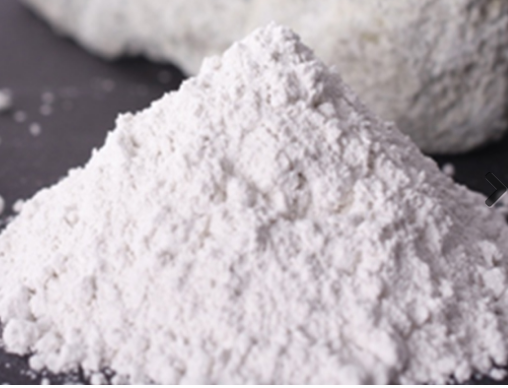Others
Composites and Polymers
Rheology modifier
Applications
Paints & Coatings : A small addition of ORGANOCLAY can greatly enhance the rheological properties of the paint system. These properties prevent pigment settling and sagging on vertical surface to ensure the proper thickness of the coating is applied. They also ensure good leveling for the removal of brush marks.
Storage stability is guaranteed even with high temperatures. ORGANOCLAY confer water resistance and structure reinforcement with no adverse effect on adhesion and solvent relese. Gloss is minimally affected due to the low levels of addition. ALL ORGANOCLAY are used widely in a vast range of solvent based paint systems
Architectural Paints : Undercoats, Primers, Semi-Gloss, Gloss and Wood Stains
Industrial Coatings : Air Drying, Stoving Enamels, Epoxies, Esters, Urethanes, Vinyls, Acrylics, Anti-Corrosive, Automotive, Bitumionous, Coil, Road Marking, Underbody Car Coatings, Nitro Cellulose and Chlorinated Rubber.
Printing Inks : With the correct ORGANOCLAY, is possible to adjust the consistency of printing inks to the desired values, avoiding pigment sedimentation, providing good color distribution obtaining desired film thickness, reduction in misting, control of track, water pick up and dot gain control. ORGANOCLAY are used in much letterpress, lithographic and offset ink.
Lubricating Greases : Thickening lubricating oils with ORGANOCLAY can produce specialty high temperature resistant lubricating greases. ORGANOCLAY also gives good working stability and water resistance to the greases. Such greases are typically used for lubrication in foundries, mills and on high speed conveyors. Other greases can be manufactured for other industries such as agriculture, aviation, automotive and mining.
Cosmetics : The performance of cosmetics is enhanced by the use of ORGANOCLAY and they allow good colour retention and coverage for nail lacquers, lipsticks and eye shadows. They have been tested to be non-irritant for both skin and eye contact.
Food Contact Applications : ORGANOCLAY are used as thixotropic agents in coatings that come into contact with food. They are also used as fillers in plastic food containers. They are acceptable under current EEC legislation on food contact additives.
Drilling Fluids : ORGANOCLAY are used extensively in drilling fluids throughout the world. They are used to suspend the heavy sealing agents, normally barytes and carry the cuttings back to the surface. They also play an important part in lubricating the drill. ORGANOCLAY can also be used as fracfluids, where the gelling ability of them is used to seal rock fractures in the bore hole.
Nanofiller for Plastic : Highly purified organoclays because of their particle size and chemical structure have the unique ability to be able to function in a wide range of monomers and polymers. The resulting properties of polymers, compounded with these unique organoclays include :
1. Increased Modular Strength without Sacrificing Impact Resistance
2. Improved Gas Barrier Properties
3. Increased Solvent and Heat Resistance
4. Improved Fire Retarding Properties
The combination of these improved properties, convenient processing and relative low costs, makes nano composites a tremendous commercial opportunity as they are superior alternatives to the current fillers used in polymer systems.
Cosmetics
Food industry
Paint
Plastics
Inks
Lubricant
Drilling mud
Filler
Manufacturer's Description
Organoclay is an organically modified phyllosilicate (Bentonite), derived from a naturally occurring clay mineral. The main component of Organoclay is bentonite, a chemically altered volcanic ash that consists primarily of the clay mineral montmorillonite. The bentonite in its natural state can absorb up to seven times its weight in water, after treatment can absorb only 5 to 10 per cent of its weight in water, but 40 to 70 per cent in oil, grease, and other sparingly-soluble, hydrophobic chlorinated hydrocarbons.
Organoclay can be used to remove oil from water, as a component in paint formulations or as a viscosifier for oil-based drilling fluids. It can be used in polymer chemistry as a nucleating agent.
